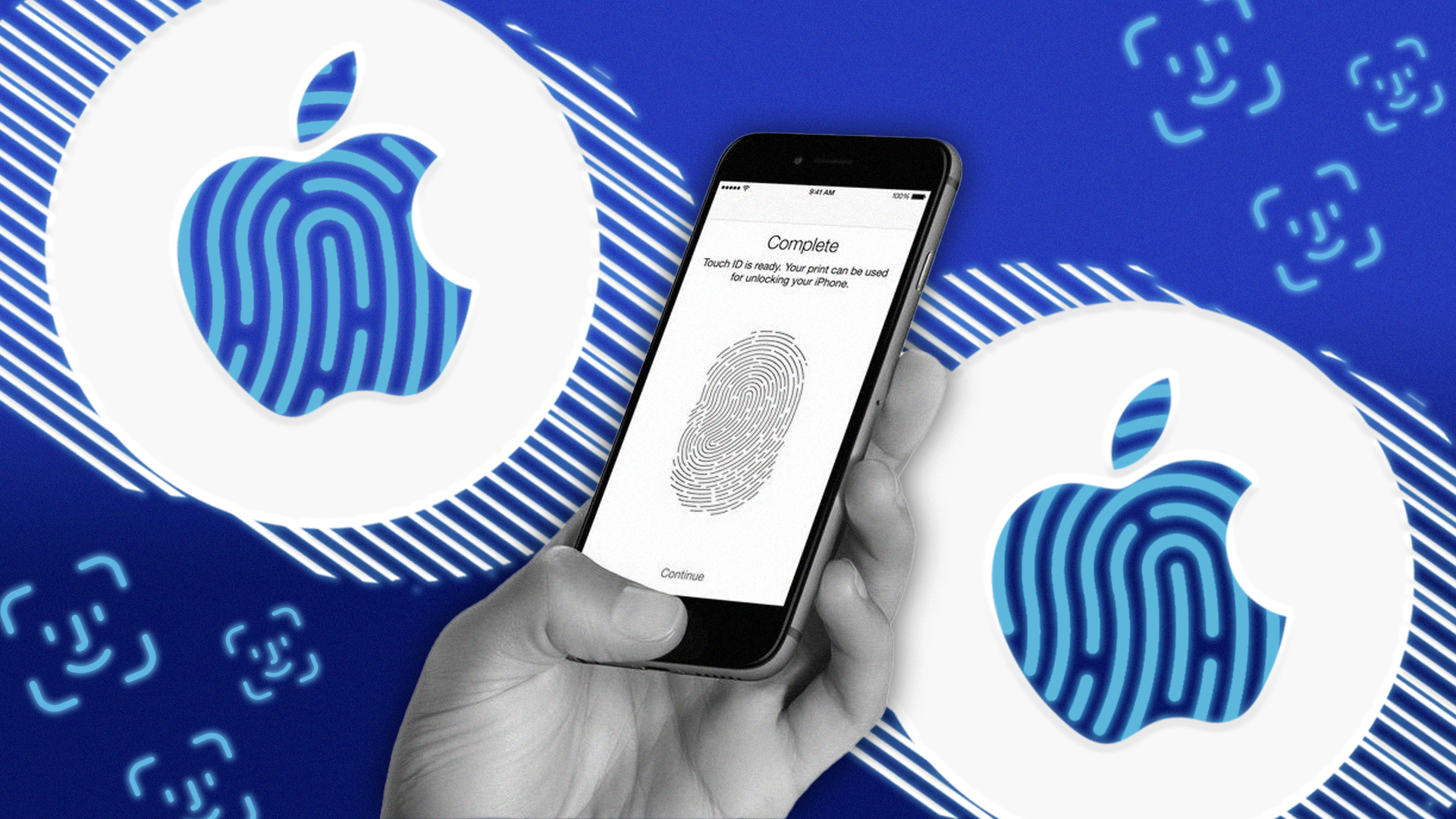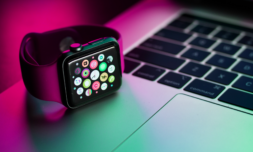Apple believes biometrics are the natural successor to our manual passwords, offering increased security and convenience. We’ll soon put that notion to the test with the rollout of iOS 15.
If you’re one of life’s rarest breeds: a person who has never forgotten a password, chances are the ones (or one) you’re currently using probably aren’t all that secure.
Now part and parcel of modern day living, passwords are required to get into everything from our computers and social media accounts, to our subscriptions and console profiles. Between our work and leisure time, we’re swamped with them.
If you’ve ever sent a selfie holding a piece of paper with a handwritten code on, or suffered the ordeal of transferring your online banking account to a new phone, millions of others have felt your pain.
In fact, an estimated 78% of people are said to have forgotten and reset passwords, while 72% reuse the same passwords on multiple platforms.
One can either juggle an endless catalogue of passwords at once, or live with the knowledge that their entire online presence is all but tied to a single phrase. We all have to pick our poison, less we up and leave tech behind for good.
It’s for these reasons that Apple’s secret option C, biometric mobile IDs, were so well received in 2013 and continue to be utilised by smartphone vendors across the board today.
In the tech’s current state, granted, we’re essentially limited to unlocking our phones, making contactless payments, and logging into the odd app, but Apple staunchly believes biometric IDs to be the next logical step in improving password security.
After years of talking up the tech’s potential, Apple is fully ready to put its money where its mouth is with the rollout of iOS 15 – and an ambitious new system labelled ‘Passkeys in iCloud Keychain.’
:no_upscale()/cdn.vox-cdn.com/uploads/chorus_asset/file/22652327/XiXVXmKMSV.png)
:no_upscale()/cdn.vox-cdn.com/uploads/chorus_asset/file/22652327/XiXVXmKMSV.png)
Unveiled in a WWDC presentation, Apple engineer Garrett Davidson showed a demo where third party apps were opened without the familiar username, password combo. Instead, log-ins were performed almost instantly through typing in a username and scanning either a registered face or touch ID.












:no_upscale()/cdn.vox-cdn.com/uploads/chorus_asset/file/22652336/2ayp0HbOiQ.png)








